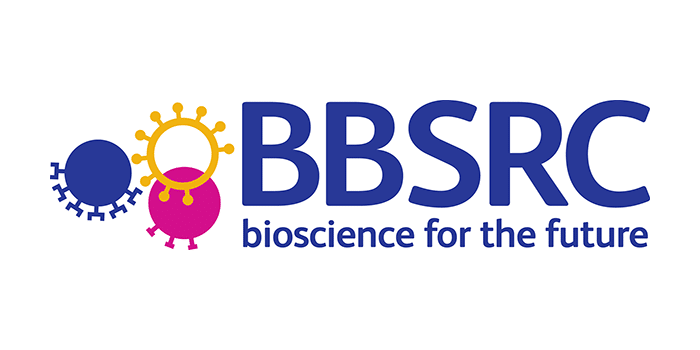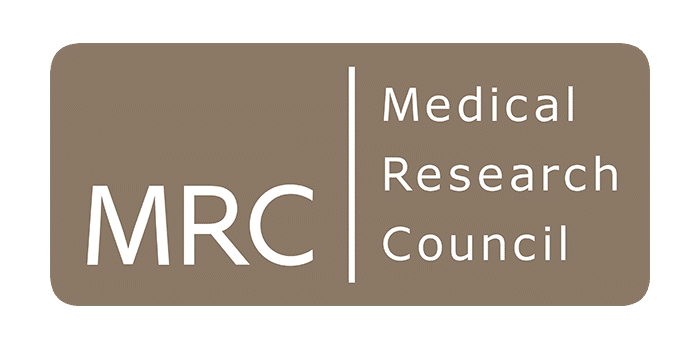A new agreement between the UK and Japan aims to promote international medical research collaboration, by combining world-class scientific expertise to help advance human health.
On 1 February, the MRC and the Japan Agency for Medical Research and Developmentopens in new window(AMED) signed a Memorandum of Cooperation to advance a UK-Japan partnership in medical research and development.
The aim of the partnership is to promote research collaboration in areas of medical science that build on the strengths of both countries. The research fields identified as initial priorities for collaboration include regenerative medicine, dementia, antimicrobial resistance and infectious disease.
The Japan AMED supports integrated medical research and development, from basic research to practical applications, with the aim of achieving the world’s highest level of medical care and services, and to form a society in which people live long, healthy lives.
Professor Sir John Savill, Chief Executive of the MRC, and Professor Makoto Suematsu, President of AMED, signed the agreement at the Japanese Embassy in London, as part of an opening ceremony for a new AMED European office, based in London.
Professor Sir John Savill said: “The opening of a Japan AMED office in London is an exciting development that will open up new opportunities for UK researchers to work with world-class scientists in Japan’s medical research community, with an initial focus on neuroscience, regenerative medicine, antimicrobial resistance and infectious disease. Our agreement with the Japan agency represents our strong commitment to international research collaboration, aiming to speed up the development of new treatments for diseases, leading to better health for all.”
Professor Makoto Suematsu said: “We are delighted to announce the establishment of the AMED London office, which will serve as a European base from which to build new, and further strengthen, links the Japanese medical and healthcare research communities have with partners in the region. Furthermore, it is our sincere hope that our Memorandum of Cooperation with the MRC – a welcome opportunity to work more closely with world-leading research expertise in the UK – will lead to rapid, real-world benefits in terms of new medical treatments, extended healthy lifespans and improved quality of life.”
Our partners







